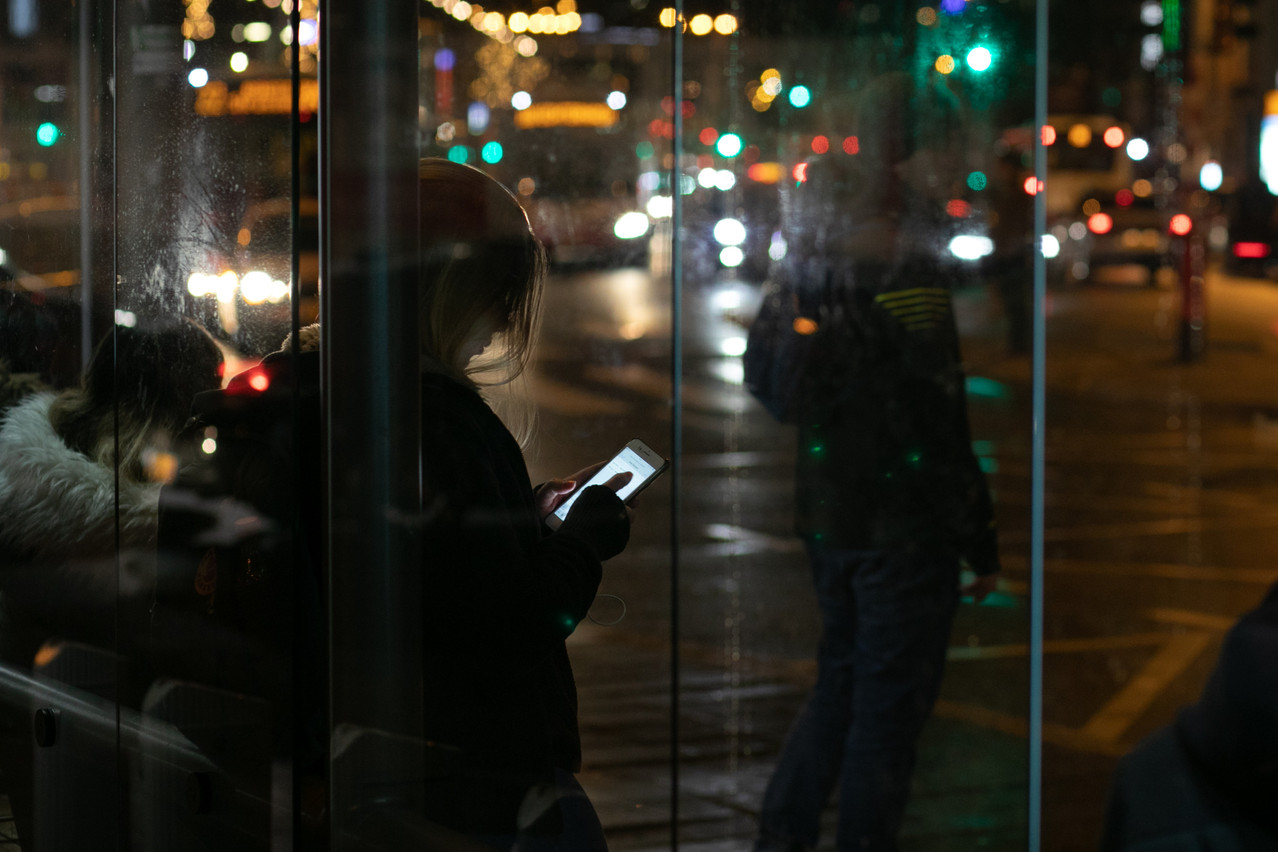The National Youth Service (SNJ), coordinator of the government BEE SECURE initiative, has published the very first report on current trends in the use of information and communication technologies (ICT) by young people in Luxembourg.
The report was presented on February 8, 2022 on World Safer Internet Day.The report aims to follow developments in the use of ICT and the risks associated with it, the annual report documents activities during the 2020-2021 school year.
Nearly 80% of children own a smartphone by the age of 12 and more than 40% of children receive their first smartphone before this age.
More than three hours a day on smartphones
76% of 3 to 11 year olds spend less than an hour a day on weekdays on their smartphone.
Almost 50% of parents of children aged between 12 – 16 said their child spends more than 3 hours a day on their smartphone in the week, rising to 14% on weekends.
Amongst those aged 17 to 30 just over half said they don’t spend more than three hours a day on their smartphone in the week, and 69% on weekends
Online risks
The results of the surveys carried out by the SNJ and thanks to analysis of themes related to issues raised to the BEE SECURE Helpline reveal that the main risks linked to the use of ICT are screen time/excessive use, unofficial news (fake news), hateful or violent content, cyberbullying, cybercrime (e-crime), non-age adapted content, influence of online models as well as data protection/online privacy risks.
Claude Meisch has said of the report that it, “shows us once again how important it is to continue to inform and educate adults and young people about the risks of too much screen time."
